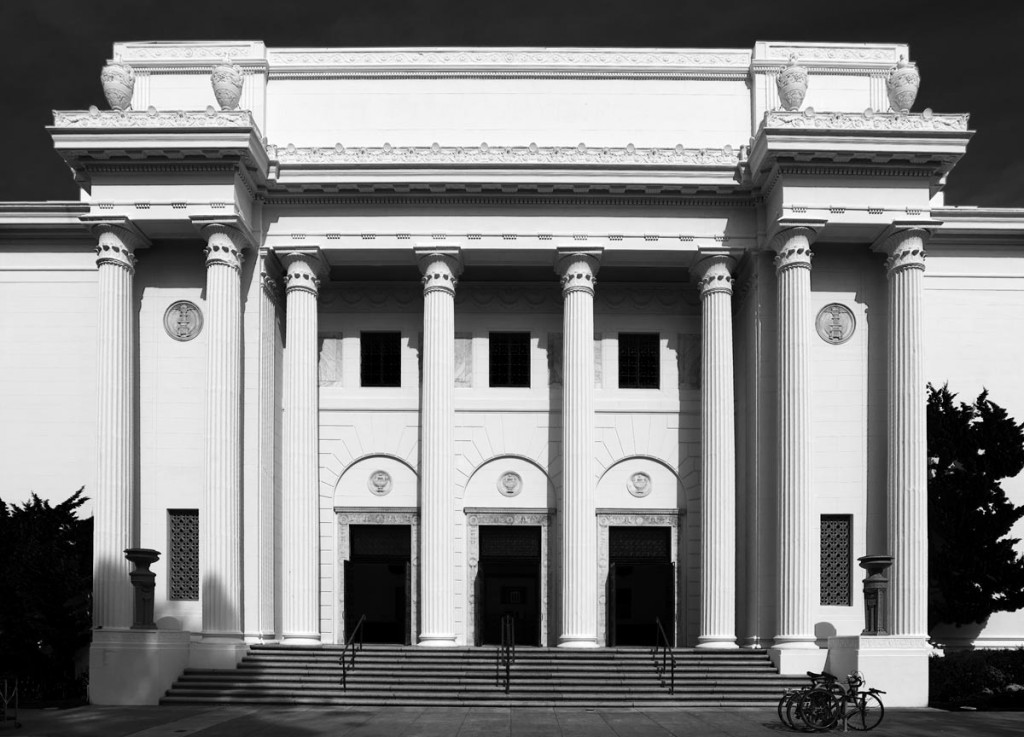No. 5, 31 October 2012
A BBC film crew visited the Internet Archive; here’s their story.
In addition, the San Francisco Chronicle did a nice profile of our work:
http://www.sfgate.com/default/article/Brewster-Kahle-s-Internet-Archive-3946898.php
From the Archive’s Mailbox
I’ve just downloaded an image file (various galaxies in their vast array) from your NASA Images pages to use on the jacket of my new SF novel for preteens, The Calling.
http://archive.org/details/nasa
I appreciate your open policy of not copyrighting these images but allowing people to use them with a simple acknowledgement (which I have added).
—John Peace
We’re glad to help, but the availability of NASA imagery is determined by the space agency.
http://nasaimages.org/Terms.html
Selected Collection: Crap from the Past
This is a pop music radio show for people who already know plenty about pop music. Hosted by Ron “Boogiemonster” Gerber, it’s broadcast Friday nights from 10:30 to midnight on KFAI, Minneapolis. This collection of over twelve-hundred recordings goes back two decades, a millennium, or “since the days of DOS,” depending on how you slice it.
http://archive.org/details/crapfromthepast
Other Picks from the Archive
Rocketship X-M (1950)
Rocketship X-M landed on the red planet over sixty years before NASA’s Mars Curiosity rover touched down there recently. Hollywood years, that is. Rocketship X-M is the story of five astronauts (played by Lloyd Bridges, Osa Massen, John Emery, Noah Beery, Jr., and Hugh O’Brien) who blast off to explore the moon but end up on Mars instead. Stay tuned for the ending …
http://archive.org/details/RocketshipXM
— recommended by Emilio Conseco
Through The Looking-Glass (and what Alice found there), Lewis Carroll
This is a first edition “Presentation Copy” of the followup to Alice In Wonderland. Not only is this a personal favorite that blew my mind when I first read it some years ago, but this is a first edition copy in excellent condition with fifty of the original illustrations by John Tenniel. I don’t need to describe the impact this book had on literature, but what makes this copy so fascinating to me is that inside the front cover is a note in the authors own hand, “Emma Vine, with the author’s kind regards. Christmas 1871.” There is also a penciled-in note saying that Emma Vine was Lewis Carroll’s nursemaid. This was very exciting for me to discover and I can’t believe I was able to see something like this with my own eyes, a real literary treasure.
http://archive.org/details/throughlookinggl01carr
— recommended by Gemma Waterston
Music That’s Better Than It Sounds
This collection of thirty-four pieces (songs?) by Forty0ne really is better than it sounds.
And the liner notes aren’t bad either!
http://archive.org/details/csr041
— recommended by Helen Temnesen
What are your Archive favorites? Please suggest a link or two and a few words about why you appreciate your recommendation to:
—David Glenn Rinehart
/ / / / /
To subscribe to this list, please visit:
http://archive.org/account/login.changepw.php
If you don’t already have a free Internet Archive library card, you may get yours here:
http://archive.org/account/login.createaccount.php
There, enter your password into the “Change Your Account Settings” Option, then click on the “Verify” button. That will bring you to your accounts setting page, where you may change your subscription status in the “Change Announcement Settings” section.
If the above URL is inoperable, make sure that you have copied the entire address. Some mail readers will wrap a long URL, breaking the link.
If you’re still having trouble, please contact the list owner at:
/ / / / / / /
David Glenn Rinehart is an artist in residence at the Internet Archive as well as a cartoonist, composer, filmmaker, musician, and writer. His work is at http://stare.com/ and elsewhere.

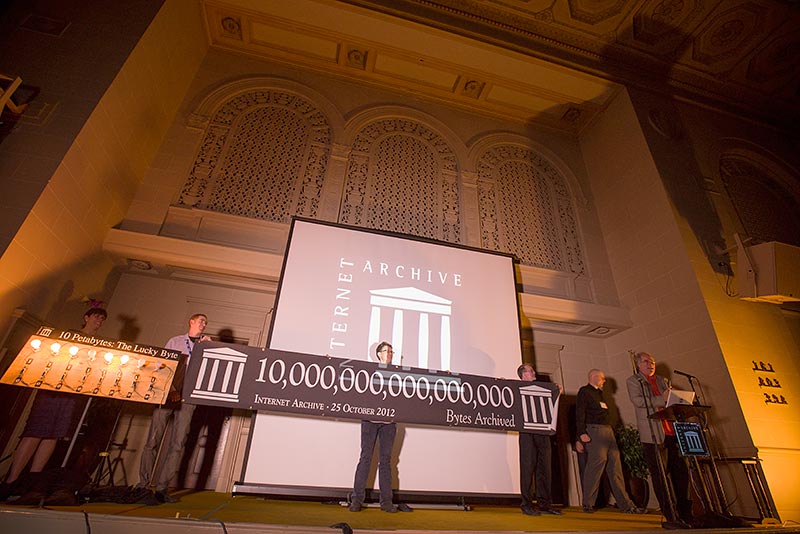
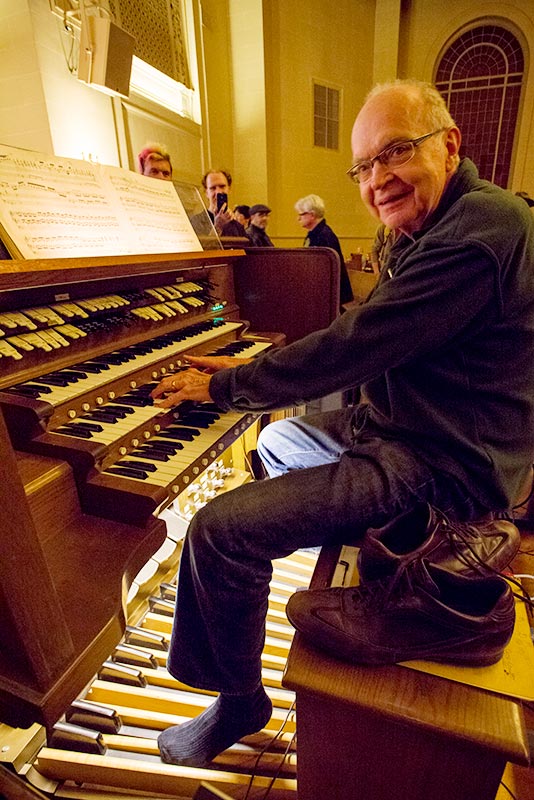
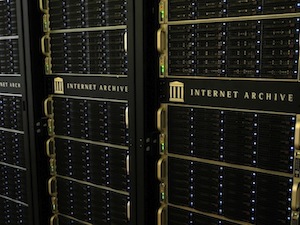 Internet Archive crawls and saves web pages and makes them available for viewing through the
Internet Archive crawls and saves web pages and makes them available for viewing through the 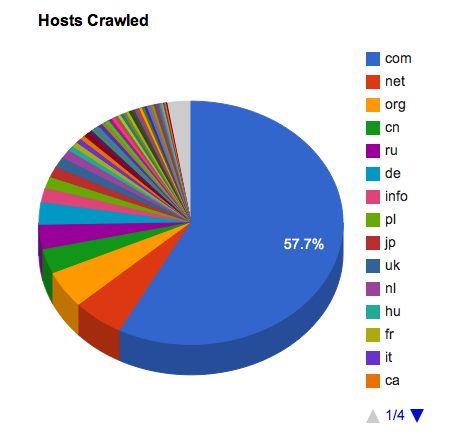
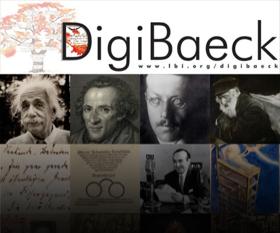
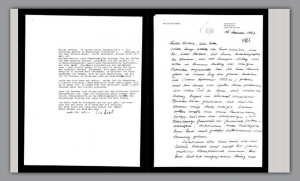

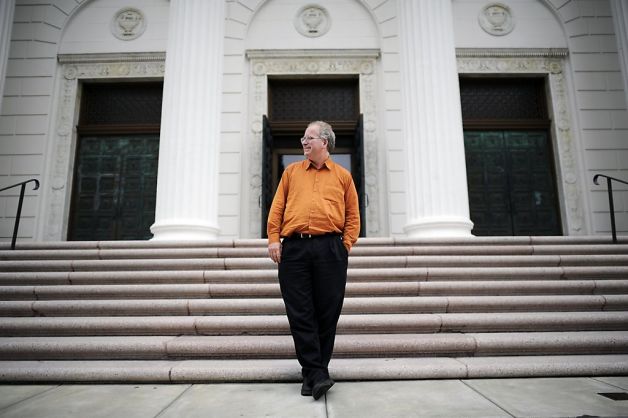
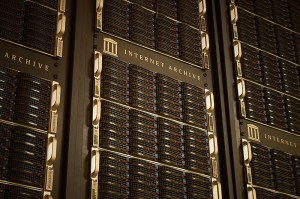 Television News Broadcasts are now Searchable (350,000 of them!)
Television News Broadcasts are now Searchable (350,000 of them!)